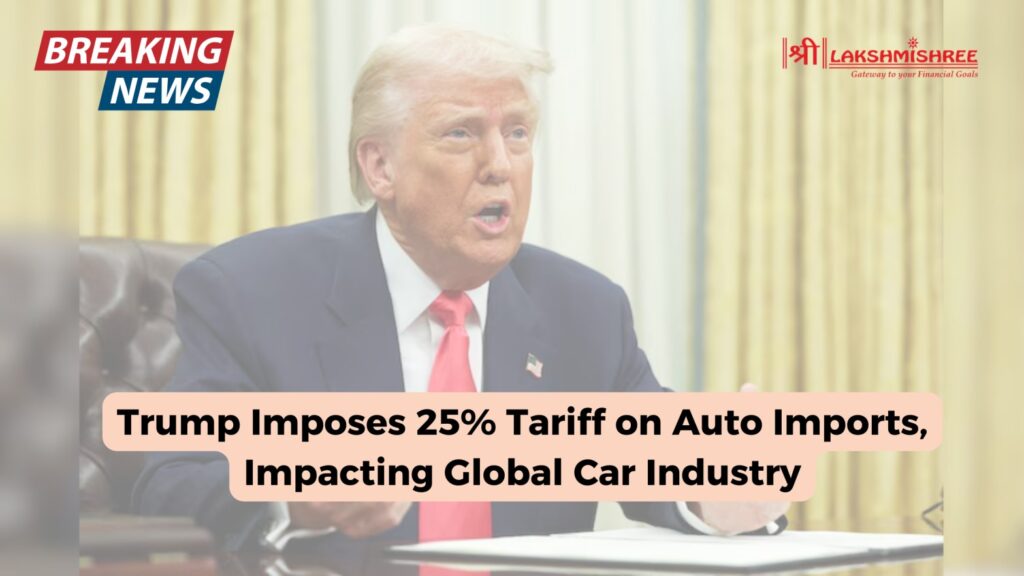Former U.S. President Donald Trump has announced a 25% tariff on all imported automobiles, aiming to boost domestic manufacturing. The tariffs will take effect on April 2, impacting both fully assembled vehicles and key automobile components like engines, transmissions, and powertrain parts.
The move is expected to disrupt global car manufacturers, particularly in Japan, Germany, and South Korea, which are key exporters to the U.S. The White House clarified that vehicles covered under the USMCA (United States-Mexico-Canada Agreement) may get exemptions for their U.S. content. However, the tariff will still apply to non-U.S. parts used in manufacturing.
Stocks of large automakers General Motors, Ford, and Stellantis declined following the announcement. The tariff has the potential to drive up the cost of cars for U.S. buyers, with analysts estimating a price hike of around $4,000 for a crossover model and up to $12,000 for U.S.-made electric vehicles.
The move has been opposed by the European Union and Canada, with Canadian Prime Minister Mark Carney describing it as a “direct attack” on the auto industry. Leaders in the industry have warned that the tariffs will lead to job losses and increased production costs rather than seeing the jobs return to the U.S.
Despite the objections raised, Trump remains firm on his decision and asserts the imposition of the tariffs in order to ensure employment in America. He has also introduced a tax relief on car loans for automobiles made in the U.S., further boosting domestic car manufacturing.
Do you have a news tip for Lakshmishree reporters? Please email us at media@lakshmishree.com.
Source: Moneycontrol.

News Desk



